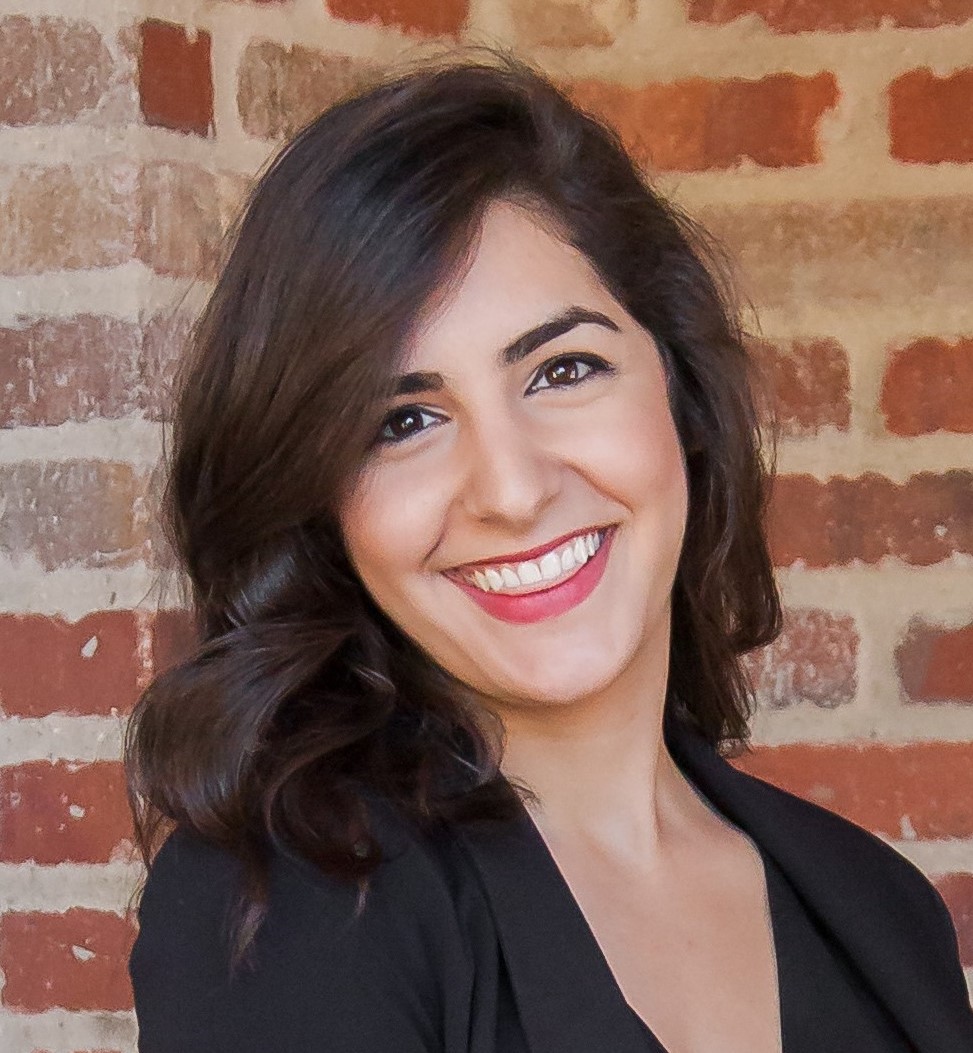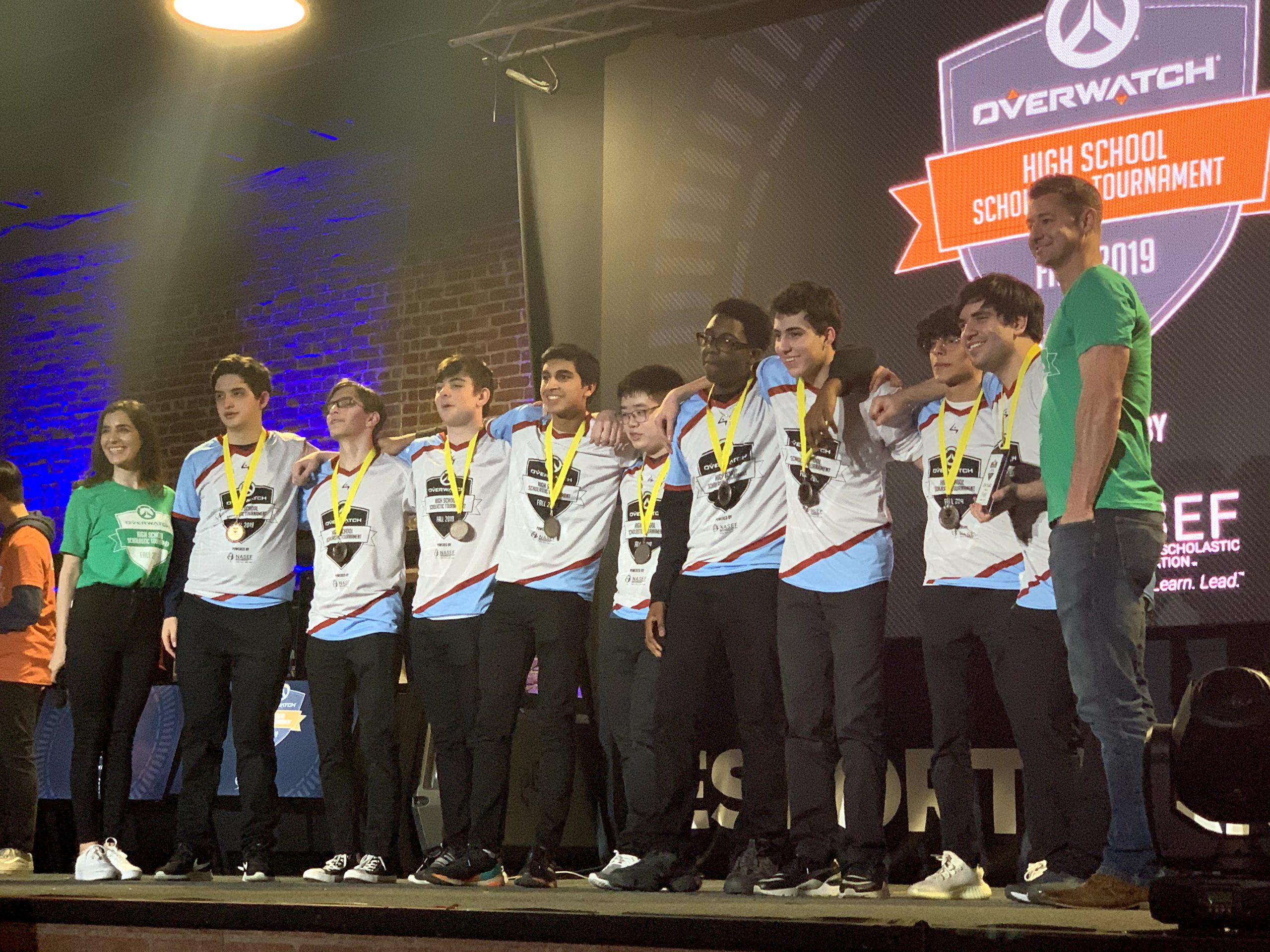 Five to six students holding up a giant trophy, dozens of players donned with medals, families cheering in the crowd, peers waving posters and rally towels in excitement. That is how our high school scholastic esports tournaments typically end.
Five to six students holding up a giant trophy, dozens of players donned with medals, families cheering in the crowd, peers waving posters and rally towels in excitement. That is how our high school scholastic esports tournaments typically end.
This year is different.
For many of us, our homes are now our offices, study halls, classrooms, and cafeterias. For the scholastic esports community, this means practices, club meetings, official matches and any other community events all having to continue in ways that are physically separated, but can pulse at the heartbeat of our internet bandwidth.
Myth 1: Esports is immune to COVID-19.
Beginning in March, announcements of tournament cancellations and continued postponed messages rolled through our social media feeds, ranging from the larger professional leagues, collegiate competitions, grassroots community events and everything in between — all with a cloud of doubt on what the future for the ecosystem will hold.
All begging the question: Is this the time to compete? The answer is, not for everyone.
Myth 2: Esports is only about the competition.
Esports, specifically scholastic esports, goes well beyond the tournament structure and the final match, bringing together learning and intentional play and turning it into a supportive, flourishing community.
“During this trying time of social distancing, it’s more important than ever that kids have opportunities to socialize with one another online, not just through talk but also through joint activities that allow us to feel in some way that we’re in this together, working toward a goal, sharing experiences,” shares Dr. Constance Steinkuehler, Professor of Informatics at University of California, Irvine, who is leading research into the connections between games and learning.
“Online games are perfect for just this sort of shared experience – they are joint activity in a shared context with a shared goal, whether competitive or collaborative.”
While some students have the privilege of being able to take their on-campus game play for an organization’s season back into their homes, that is not the case for many students.
So, what does prioritizing community over competition look like?
It starts with coming together as a team. One giant one, not 300 teams of five. A team inclusive of all types of students regardless of their identities or uncontrollable circumstances, because all students benefit from play.
NASEF has prioritized community in:
- Our Community Discords – vetted and moderated as a safe space for students and educators to connect. Conversations have ranged from discussions of the new release of Animal Crossing to someone seeking help on geometry homework.
- Weekly Twitch streams to connect students to industry professionals, new career interests, or to pick up new skills.
- Weekly Hangouts with university students, where students have weekly opportunities to ask for advice, including high school extracurriculars, post-graduation plans, and personal interests. These near-peer mentors help provide students with a safe, more approachable space for many.
- Online and off-line free play streams, where students played their favorite games like Teamfight Tactics (Riot Games) and Rocket League (Psyonix) with new and existing friends – and even got to watch their teachers play against each other using a variety of titles and platforms to provide the most equitable opportunities as possible for different students.
- Resuming our season tournament playoffs after carefully verifying that the teams that were interested and equipped to do so. We found that they were eager to put their hours of practice to use and to play with their friends as they had before the pandemic hit, after taking time off to get organized.
Most importantly, the key to a great community is creating a safe space where folks can speak and be heard. For some students, that means play. For others, hanging out. For others, competing. We’re listening and learning about the challenges many are facing, and acting accordingly to provide fun and support.
 Samantha Anton serves as Chief Operating Officer for the North America Scholastic Esports Federation (NASEF), a non-profit dedicated to leveraging esports as an opportunity to engage and empower all students to learn, grow and thrive. Her role, in partnership with UCI Esports, includes support of all NASEF programs, including high school clubs, tournaments, curriculum and additional learning initiatives, and special events. Samantha is a proud Anteater, graduating from the University of California, Irvine, with her bachelor’s degree in Film & Media Studies and Political Science.
Samantha Anton serves as Chief Operating Officer for the North America Scholastic Esports Federation (NASEF), a non-profit dedicated to leveraging esports as an opportunity to engage and empower all students to learn, grow and thrive. Her role, in partnership with UCI Esports, includes support of all NASEF programs, including high school clubs, tournaments, curriculum and additional learning initiatives, and special events. Samantha is a proud Anteater, graduating from the University of California, Irvine, with her bachelor’s degree in Film & Media Studies and Political Science.








